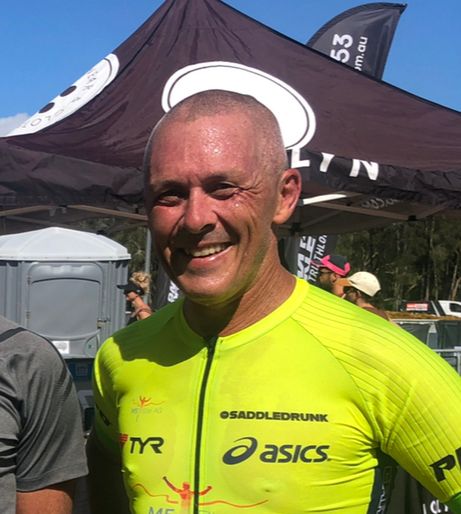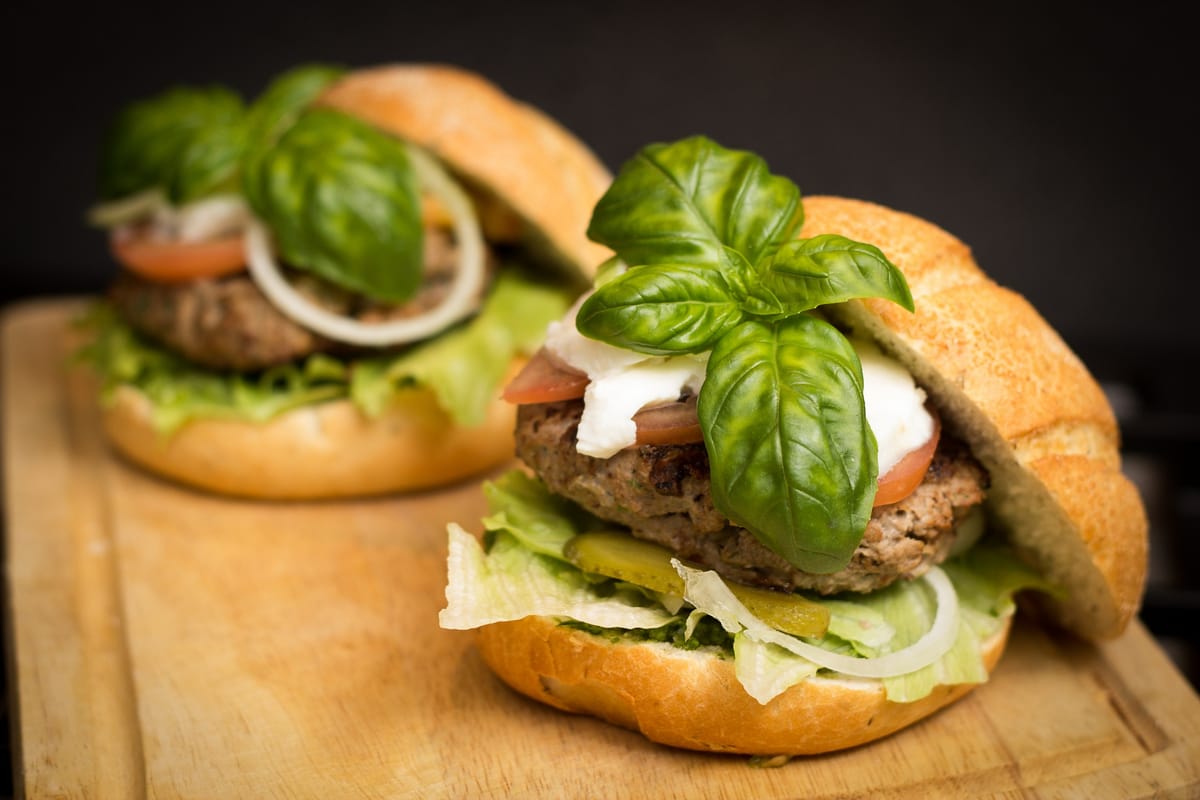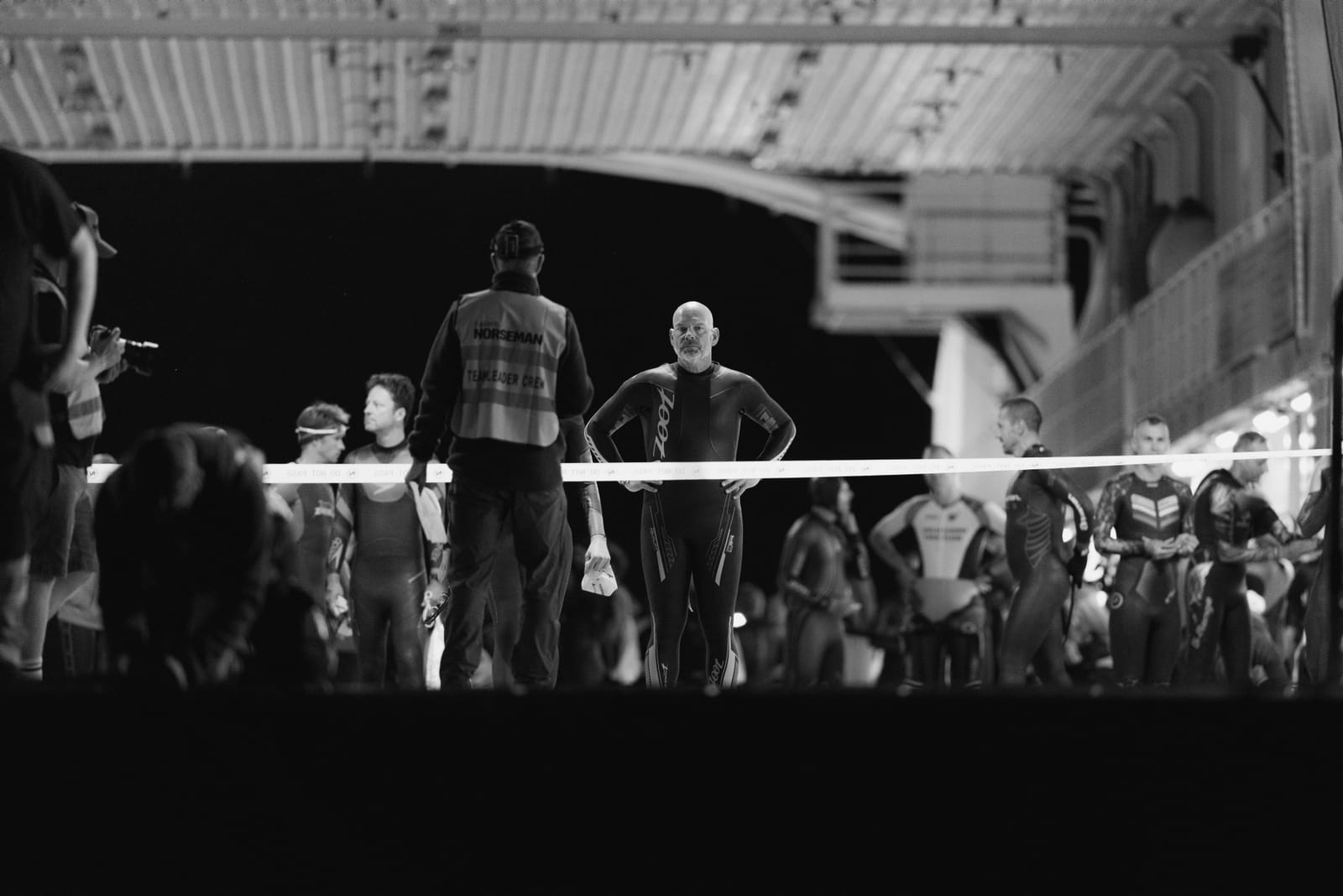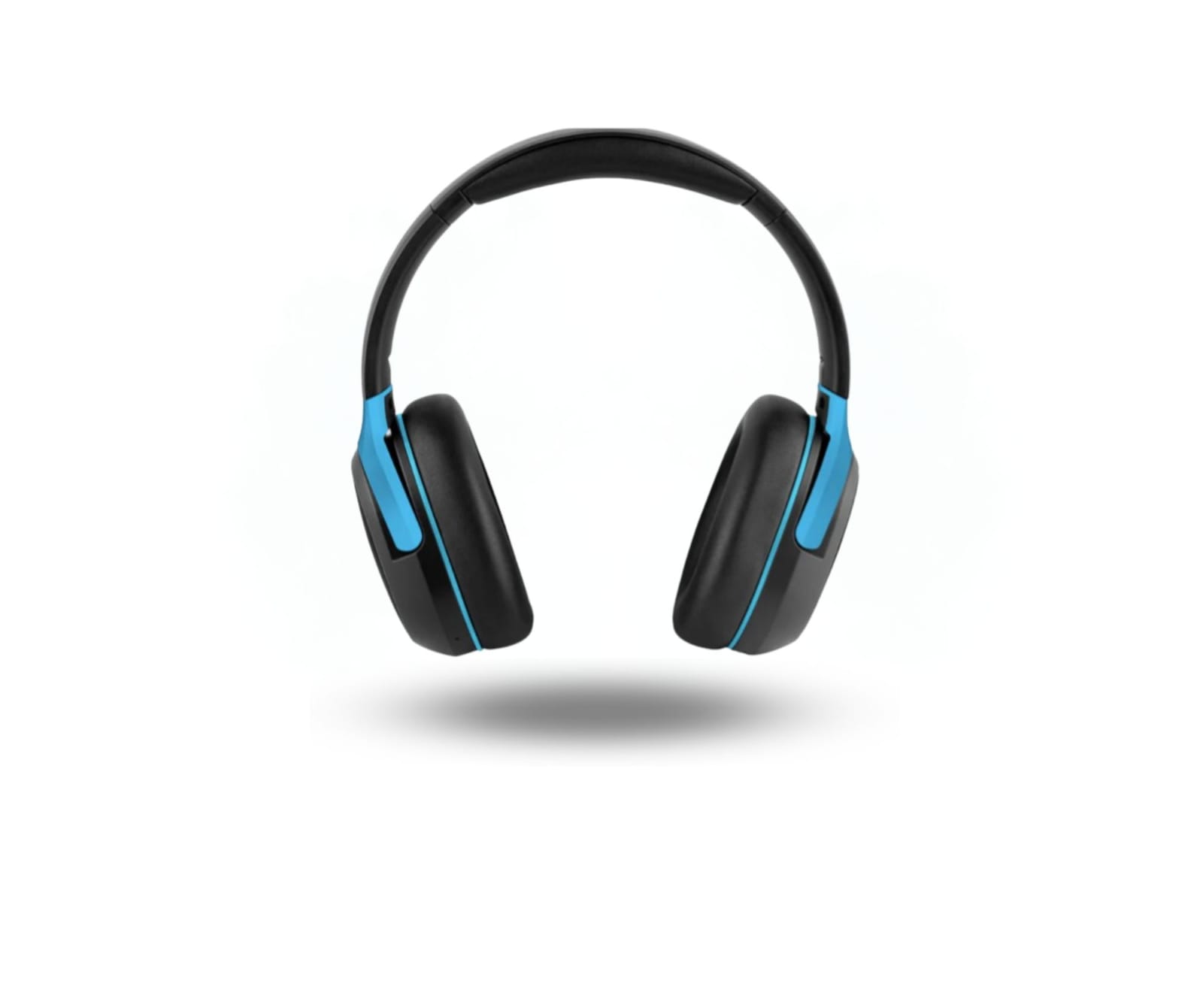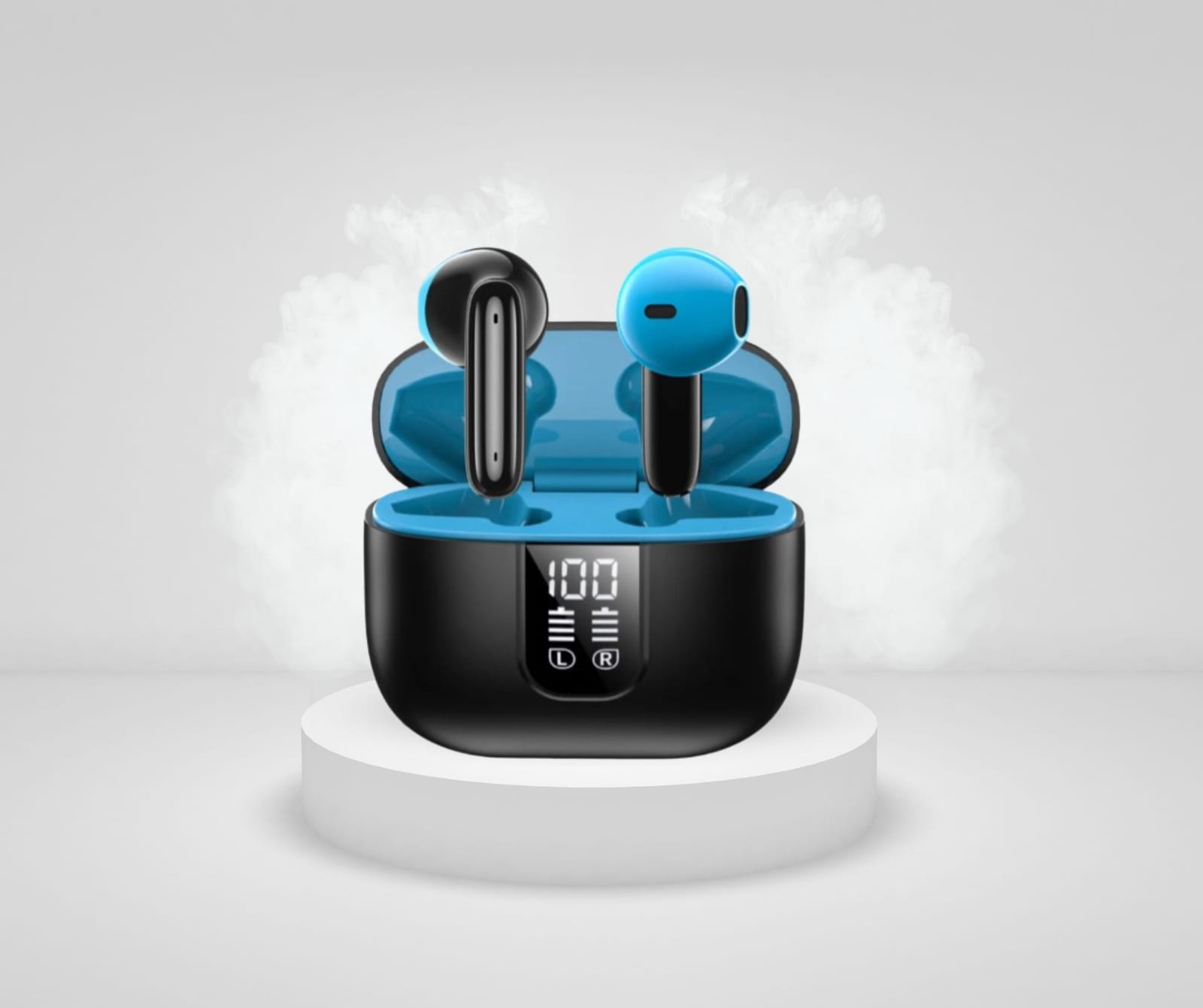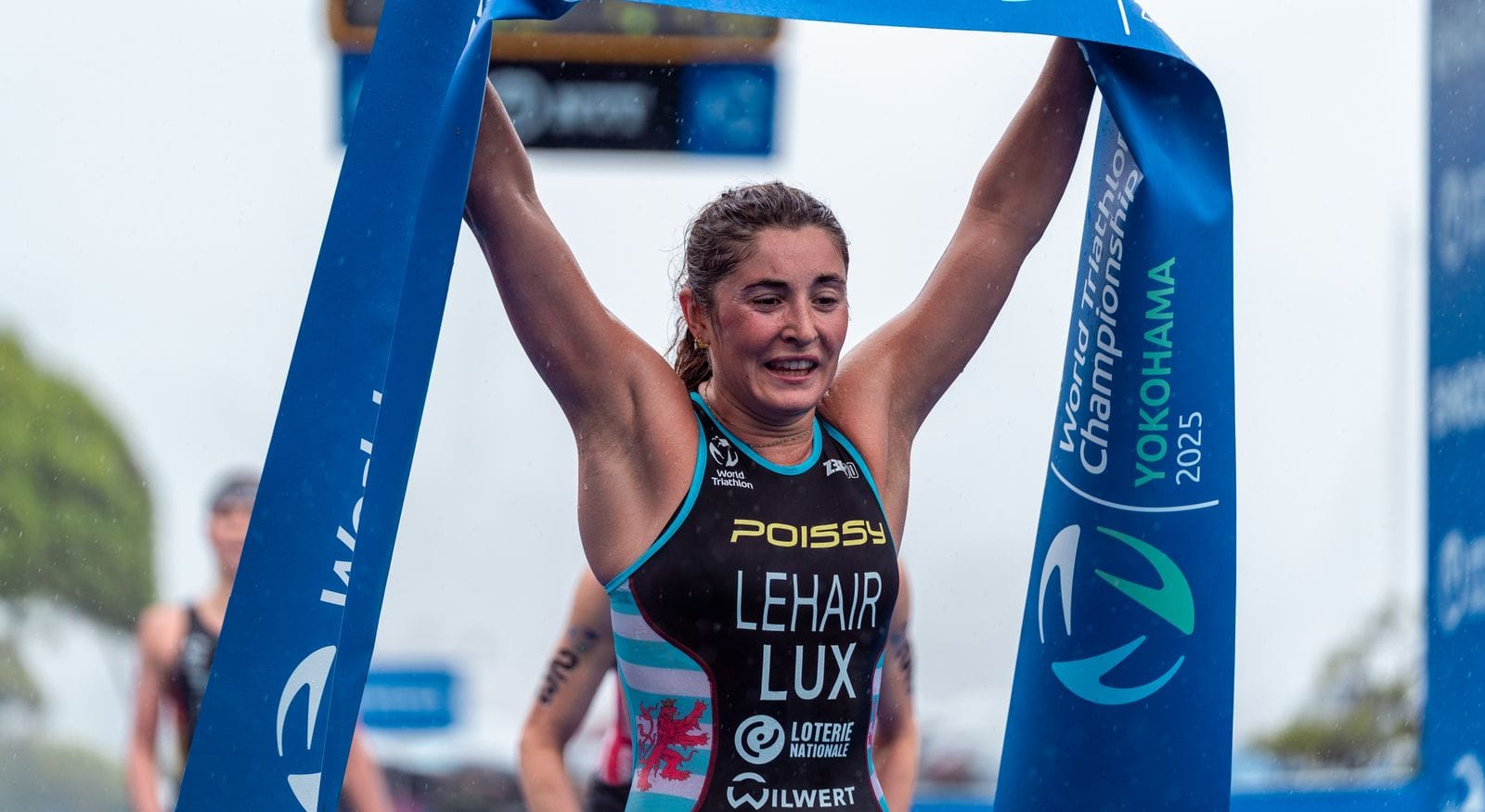It may come as a surprise that losing body fat can still be a difficult task for athletes who are training many hours each week.
There are a number of reasons for this. First and foremost, the body is very good at clinging onto fat. Fat is the third and final fuel source to be utilised by the body, and even though athletes are burning a significantly greater number of calories than the average person, it does not necessarily mean they are able to consume a greater quantity of fat without it being stored. Secondly, as athletes get fitter, the harder they need to work to challenge the body and burn the extra calories required for fat metabolism.
So, if you are just starting up your Summer training program again after some time off and having difficulty shifting those last few kilos, read on.
Are you fuelling at the right time of day?
A common mistake athletes make when trying to lose body fat is to reduce their food intake too dramatically. All of a sudden the next race is just around the corner; we panic at the thought of the extra weight, cut out all carbohydrates and expect to drop the 5 kilos in two weeks.
A better way to approach fat loss is to think of the body as a machine. If you cut out all the petrol when the machine is trying to run, it will seize up and eventually break down. The same can be said for the body and ultimately fat metabolism. If you remove the fuel (carbohydrate) completely, the machine does not have the opportunity to burn the fat. A much better option is to slightly reduce the carbohydrate by make small changes to your daily food intake such as:
• Choosing smaller slices of bread
• Removing the middle from bread rolls
• Stop eating all 97% fat free muffins, cereal bars and crackers
• Choosing small pieces of fresh fruit
• Choosing 100g yoghurts instead of 200g
• Stick to 1 carbohydrate portion at dinner eg 100g sweet potato, 1 cup cooked pasta, ¾ cup cooked rice
This will allow you to be adequately fuel and refuel the body post training to allow for optimal recovery while also reducing your total fuel intake to help with fat loss.
Check what is slipping in after dinner
The majority of people I see in my clinic eat very well during the day. The biggest problem they have is rewarding themselves with cake, chocolate, sweet biscuits, lollies, ice cream, nuts and fruit at night after dinner. This is the worst thing you can do in terms of fat loss!
Remember, the body will burn the fuel that is readily available to it. So, if you eat 2 Tim Tams in the afternoon and then go for a run for an hour, the fuel from those Tom Tams will be burnt. On the other hand if you eat those Tim Tams at night and then go to bed, the body not only has to burn the Tim Tams but also the dinner you have eaten. This means that the fat in the Tim Tams has less chance of being burnt, but the extra body fat you want to say goodbye to will not be touched. So, if you must have a treat, you are better to have it in the day and keep your nightly intake relatively strict.
3) Check what you are drinking.
Fruit juice, cordial, sports drink, Boost juice, beer, soft drink, wine and milk based coffees such as lattes and cappuccinos are all calorie laden beverages. It is a common misconception that fruit juice is very nutritious but it is still carbohydrate (fuel) and a very concentrated one. Just remember that a large fresh juice contains the same number of calories as a meal. This is also true for the large sized coffees you can now purchase at the chain coffee stores. The take home message is get rid of the juice, soft drink and cordial and keep the gourmet coffees small.
The material that appears on TriZone.com.au is for educational use only. It should not be used as a substitute for professional medical advice, diagnosis or treatment. TriZone.com.au do not endorse any of the products or services that are advertised on the web site.
Articles on training-related topics represent the personal opinions of the author based on their own experience and research. TriZone.com.au provides these for your review and consideration, but does not endorse any particular recommendations of the authors.


